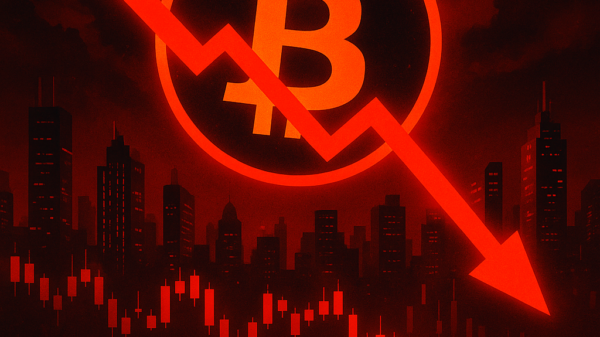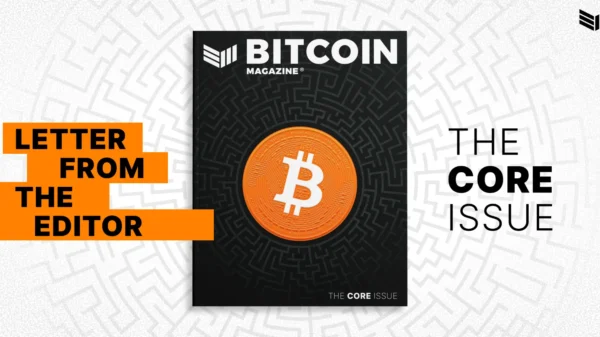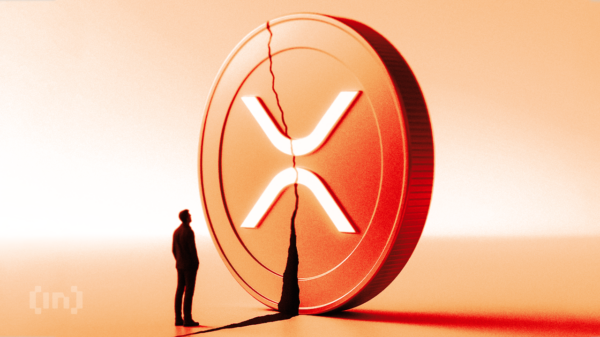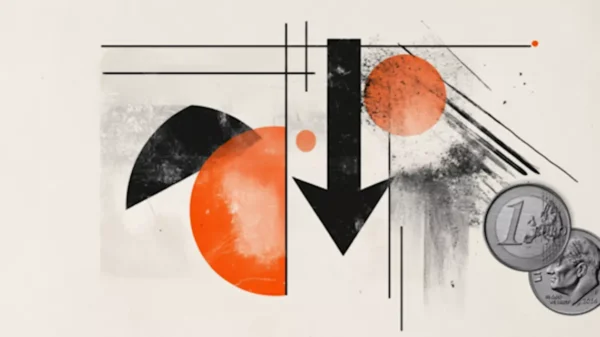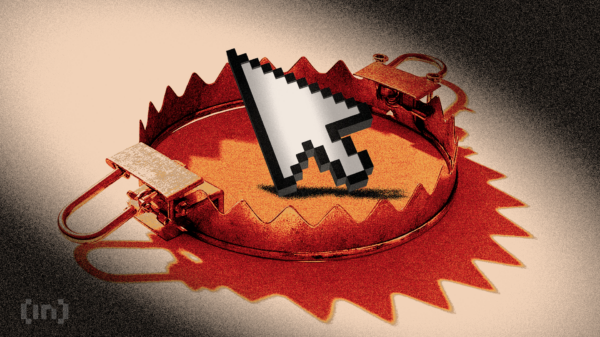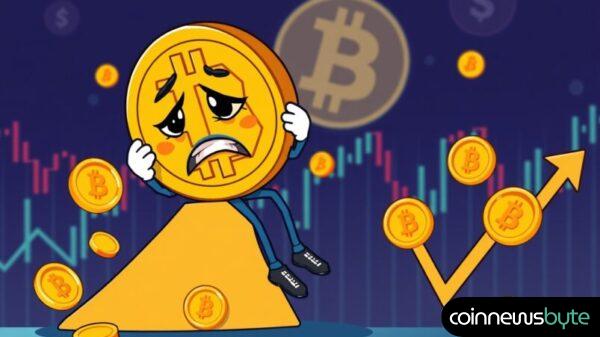In the latest commentary on the cryptocurrency market, veteran economist and gold proponent Peter Schiff has emerged as a critical voice regarding Bitcoin“s current trajectory. Following a significant decline in Bitcoin”s price, which has also affected major altcoins, Schiff asserts that the only feasible way for Bitcoin investors to be “bailed out” is through an improbable government intervention.
Schiff”s analysis suggests that for Bitcoin to achieve new all-time highs, the U.S. government would need to step in and purchase substantial amounts of the cryptocurrency for its strategic reserves. He views this potential intervention as highly unlikely, characterizing it as a taxpayer-funded bailout for speculative traders. Schiff argues that such a move would encourage irresponsible risk-taking and inflate an asset he deems inherently unstable.
Taking a critical stance against the idea of government-held Bitcoin reserves, Schiff labels it as “misleading” and “dangerous.” He claims that this approach could erode the trust in the U.S. dollar while unnecessarily exposing taxpayers to financial risks. In his view, mainstream financial media has contributed to Bitcoin”s rise by treating it as a legitimate and stable asset, despite its growing vulnerabilities.
Schiff highlights cultural narratives within the Bitcoin community, particularly the notion of “never sell,” which he argues is more of a tactic employed by larger investors to maintain market confidence. This strategy, he asserts, ultimately leaves retail investors vulnerable as institutional players discreetly unload their positions. The recent downturn has disproportionately affected smaller holders, many of whom used their Bitcoin as collateral for loans, leading to forced liquidations amid falling prices.
The economist further suggests that these patterns indicate deeper structural issues within the cryptocurrency ecosystem, which he believes is primarily driven by speculation and hype rather than genuine utility or stability. Reinforcing his long-standing prediction, Schiff maintains that Bitcoin is on course to drop significantly below $88,000 by 2026, particularly as it struggles against the performance of gold.
In the current climate of heightened volatility, Schiff”s critical perspective resonates with a segment of traditional market analysts and gold enthusiasts who have long questioned Bitcoin”s fundamental value. He emphasizes that the confidence driving Bitcoin”s price increases is precarious, warning that if it falters, recovery will be challenging without government support, which he considers highly unlikely.
Despite Schiff”s pessimistic outlook, advocates of Bitcoin remain optimistic, viewing temporary price fluctuations as minor compared to long-term growth factors like institutional adoption and demand from emerging markets. Nevertheless, Schiff”s stark message underscores a reality for Bitcoin traders: they are left with one increasingly diminishing card to play.







